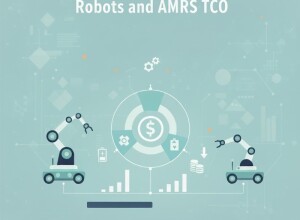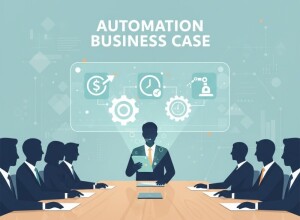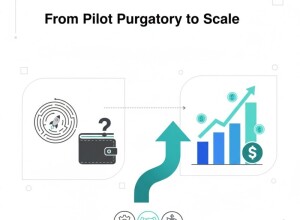The Technological Singularity: Reality, Fiction, and Risks of Superintelligent AI
The Technological Singularity refers to a hypothetical point in the future where artificial intelligence surpasses human intelligence, potentially leading to rapid, uncontrollable technological growth and transformative societal changes.
Fiction vs Reality
The concept of the singularity has been explored extensively in science fiction, from novels like "Accelerando" by Charles Stross to movies like "Transcendence" and "Her". In reality, researchers debate when or if such a point could occur, and what it would mean for humanity.
- Science fiction often dramatizes AI achieving consciousness or dominance.
- Current AI remains narrow and specialized; general intelligence is still hypothetical.
- Experts discuss timelines ranging from decades to centuries for potential singularity scenarios.
Key Concepts
- Superintelligence: AI systems that surpass human capabilities in virtually every domain.
- Recursive Self-Improvement: AI improving its own design, potentially accelerating intelligence growth.
- Exponential Technological Growth: Rapid advances leading to unpredictable changes in society and economy.
- Ethical and Safety Considerations: Alignment, explainability, and robust control mechanisms.
Potential Risks
- Loss of human control over critical systems and infrastructure.
- Unintended consequences from misaligned AI objectives.
- Concentration of power and inequality.
- Existential threats if safety measures fail.
Opportunities
- Advancing scientific discovery and problem-solving beyond human limitations.
- Solving global challenges such as climate change, disease, and resource management.
- Creating AI systems that augment human intelligence safely and ethically.
Learn More
Related articles:
- Risks of Superintelligence
- AI Ethics: Principles and Challenges
- AI and the Future of Work
- AI for Good: Sustainability & Accessibility
Navigation
Continue exploring AI resources:







































